< Back
The Best Reference Finder in 2024
Declan Gessel
Sep 14, 2024
Finding sources for essay AI can be challenging. You need reliable information to support your claims, which must be appropriately cited. But it gets complicated because every assignment is different. What works for one paper may not work for another, and research can take you in unexpected directions that leave you wondering how to get back on track. If you’re struggling with writing an essay, an AI like ChatGPT can help.
But if you want to ensure your paper has accurate, credible information, you should also find sources for your essay. This is where reference finders come in. These tools help you locate reliable information on a specific topic and can even help you cite your sources correctly. In this guide, we’ll discuss using reference finders and introduce you to ten tools, including Jotbot’s source finder, to help you with your next writing assignment.
Table Of Contents
Why Good Reference Finder Matters

Reference finders are the missing piece in the research puzzle that can help take your academic writing to the next level. When you are tasked with writing a research paper, you may find that the most challenging part of the process is the research itself. While locating and reading through relevant sources can be tedious, structuring your paper, writing the content, and creating the bibliography are often more manageable tasks.
This is especially true if you have a solid reference finder to help with the research and writing. A reference finder can alleviate the stress of academic writing by making research more efficient, organized, and manageable.
What Is a Reference Finder Anyway?
A reference finder is a digital tool designed to assist researchers, writers, and students in locating, organize, and citing relevant sources. These tools often incorporate advanced search algorithms, citation generators, and other features to streamline the research process.
Why Use Accurate and Reliable Sources?
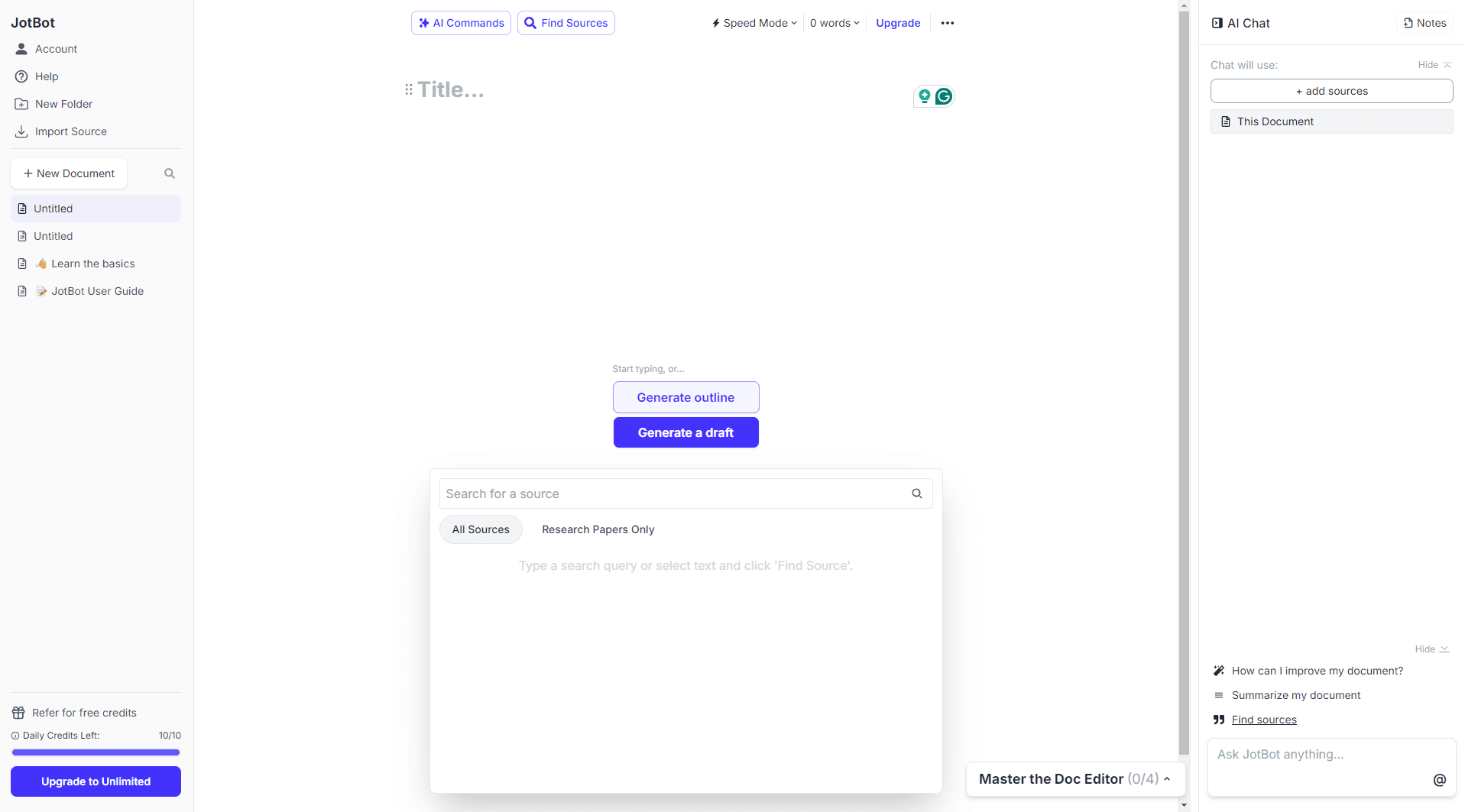
Using accurate and reliable sources is crucial for academic and professional writing. Credible sources provide evidence to support arguments, enhance the credibility of your work, and help you avoid plagiarism. A well-chosen reference finder can significantly improve the efficiency and accuracy of your research process.
Reference Finders: Your New Best Friend
In today's information-rich age, finding and evaluating relevant sources can be time-consuming and challenging. Reference finders can help you:
Save Time
By automating the search and citation process, reference finders can save you hours of manual work. For instance, instead of spending hours searching through databases and manually formatting citations, you can use a reference finder to quickly locate relevant sources and generate citations in the desired style.
Improve Accuracy
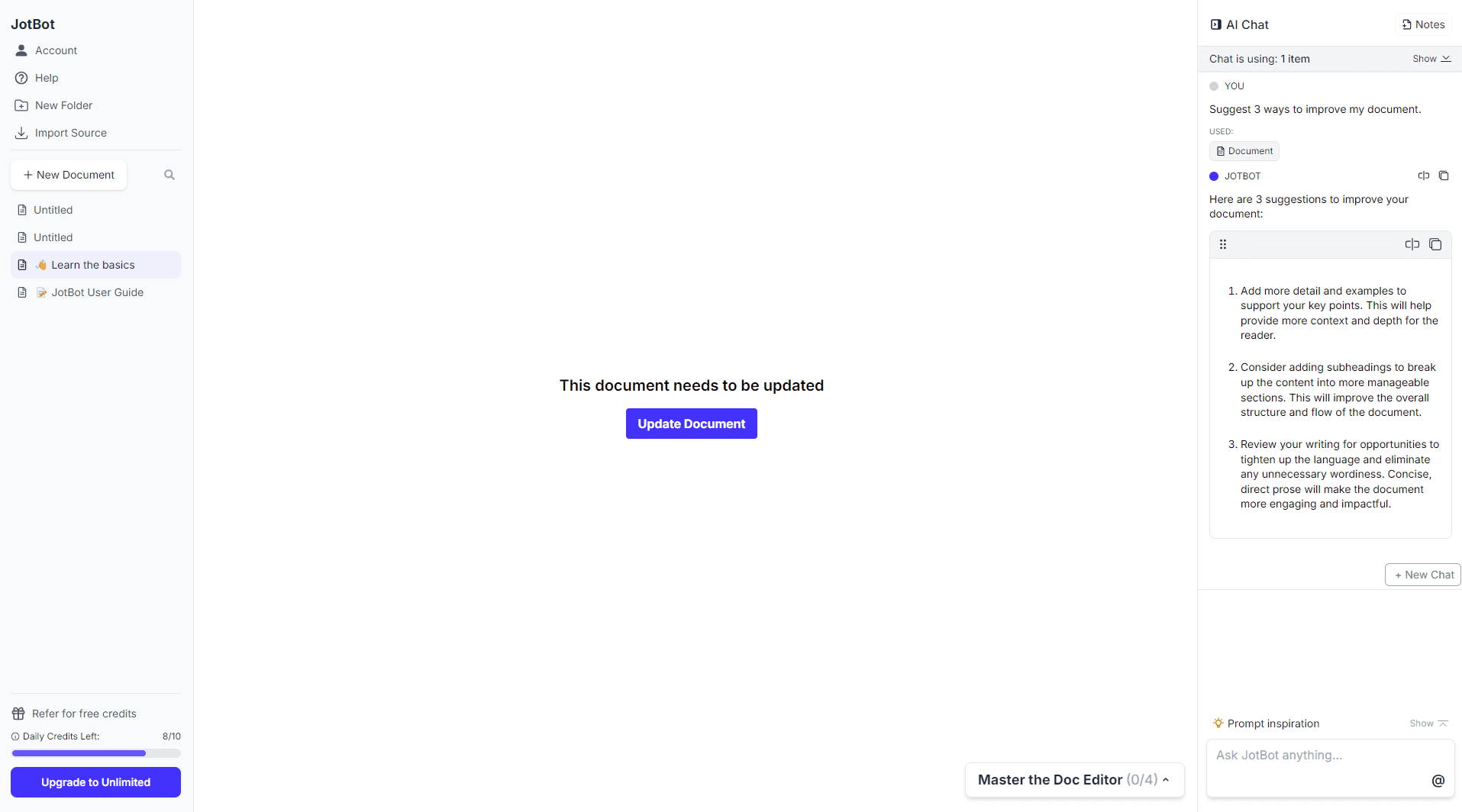
These tools can help you avoid errors in citations and formatting, ensuring that your work is presented professionally. Reference finders often have built-in citation generators that automatically format citations according to various style guides (e.g., APA, MLA, Chicago).
Enhance Your Research
By providing access to a vast database of sources, reference finders can help you expand your research and discover new perspectives. These tools can help you identify relevant articles, books, and other materials you may have yet to find.
Stay Organized
Many reference finders offer features for organizing and managing your sources, making it easier to track your research. You can create folders, tag sources, and search for specific information using keywords.
Benefits of Using a Reference Finder
In addition to the benefits mentioned above, using a reference finder can also:
Reduce Stress
The ability to efficiently find and organize sources can reduce the stress and anxiety associated with research.
Improve Your Grades
Using a reference finder to ensure the accuracy and quality of your sources can improve your grades in academic settings.
Make Your Writing More Professional
Well-cited and well-formatted papers demonstrate a higher level of professionalism and credibility.
Increase Your Productivity
Reference finders can streamline the research process, helping you increase your productivity and get more done in less time.
Improve Your Critical Thinking Skills
Using a reference finder can help you develop critical thinking skills as you evaluate the credibility of sources and analyze information.
Collaborate More Effectively
Some reference finders offer features for sharing and collaborating on research projects, making it easier to work with others.
Ultimately, a good reference finder can be a valuable asset for anyone who needs to conduct research and write effectively. Using a reference finder can save time, improve accuracy, enhance research, help you stay organized, and increase your overall productivity and success.
Related Reading
• How To Find Good Sources
• Using AI For Research
• Citing ChatGPT
• How To Find Academic Sources
• How To Cite AI In MLA
• AI For Research Paper Writing
• Essay Sources
• AI In Academic Writing
• Most Reliable Sources For Research
• How To Get ChatGPT To Cite Sources
The Best Reference Finders

Discover Your New Favorite Reference Finder: Jotbot
Jotbot is your personal document assistant and source finder. Jotbot does AI note-taking, AI video summarizing, AI citation/source finder, writes AI outlines for essays, and even writes entire essays with Jotbot’s AI essay writer. Join 500,000+ writers, students, teams, and researchers worldwide to write more, write better, and write faster with Jotbot's AI writing assistant.
Write more brilliantly, not harder, with Jotbot's AI writing assistant. Start finding accessible sources with Jotbot's source finder today. Sign in with Google and get started in seconds.
Related Reading
• Best AI For Research
• How to Cite AI
• AI For Literature Review
• Websites Like Google Scholar
• AI That Cites Sources
• Best Academic Search Engines
• Best AI Tool For Research
• Academic Research Software
• How To Use Chat GPT For Research
• Best Research Tools For Students
Key Considerations When Choosing a Reference Finder

Ease of Use: Why It Should Be Your First Consideration When Choosing A Reference Finder
When selecting a reference finder, it’s essential to consider several factors to ensure you choose the best tool for your needs. Here are some key considerations:
User Interface
The reference finder should have a user-friendly interface that is intuitive and easy to navigate. Avoid tools with complex interfaces that require extensive training to be used effectively.
Learning Curve
Consider how quickly you can learn to use the tool without referring to the manual or seeking assistance. A steep learning curve can be frustrating and time-consuming.
Customization Options
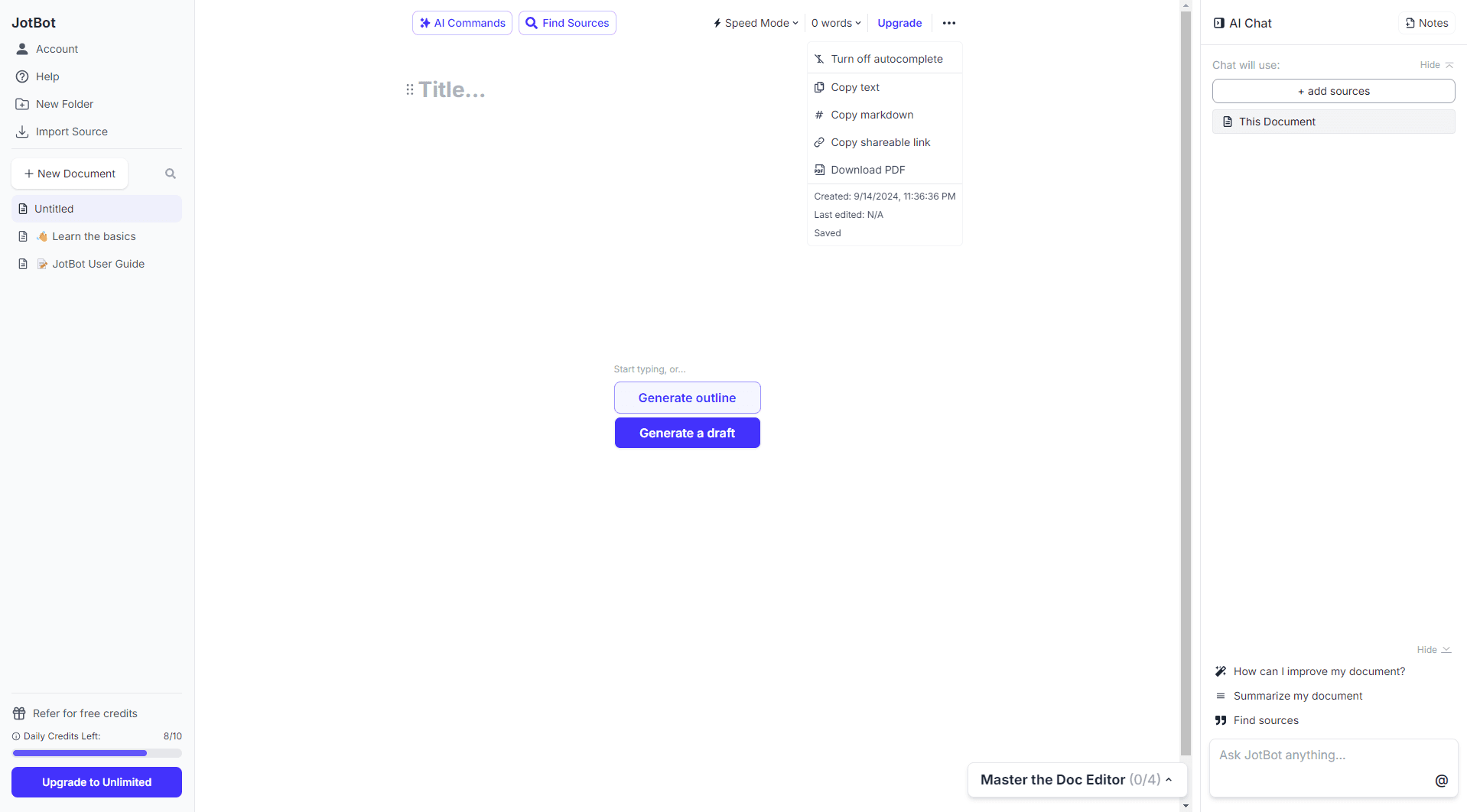
Look for a reference finder that allows you to customize settings and preferences to suit your specific needs. This might include options for changing the interface's appearance, customizing search filters, or creating custom fields for organizing your references.
Accuracy and Reliability: What You Want in a Reference Finder
Citation Accuracy
The reference finder should generate accurate citations in various styles (e.g., APA, MLA, Chicago). Double-check the citations generated by the tool to ensure they are correct and formatted according to the desired style.
Source Credibility
Ensure the tool can help you identify reliable sources and avoid using low-quality or inaccurate information. Look for reference finders that provide information about the credibility of sources, such as impact factors or peer review status.
Algorithm Quality
The reference finder's algorithms should effectively search for relevant sources and provide accurate results. Consider how well the tool handles complex search queries and how quickly it returns results.
Integration with Other Tools: Why It Matters
Word Processors
Look for a reference finder that integrates seamlessly with your preferred word processor (e.g., Microsoft Word, Google Docs). This can save you time and effort when inserting citations and creating bibliographies.
Citation Management Software
Consider whether the reference finder integrates with other citation management software (e.g., Zotero, Mendeley). This can be helpful if you already use a specific citation management tool or need to collaborate with others on research projects.
Cloud Storage
If you work on multiple devices, a reference finder that integrates with cloud storage can help you synchronize your library and access it from anywhere. This is particularly useful if you need to collaborate with others or if you frequently work on different computers.
Cost: Finding a Reference Finder That Fits Your Budget
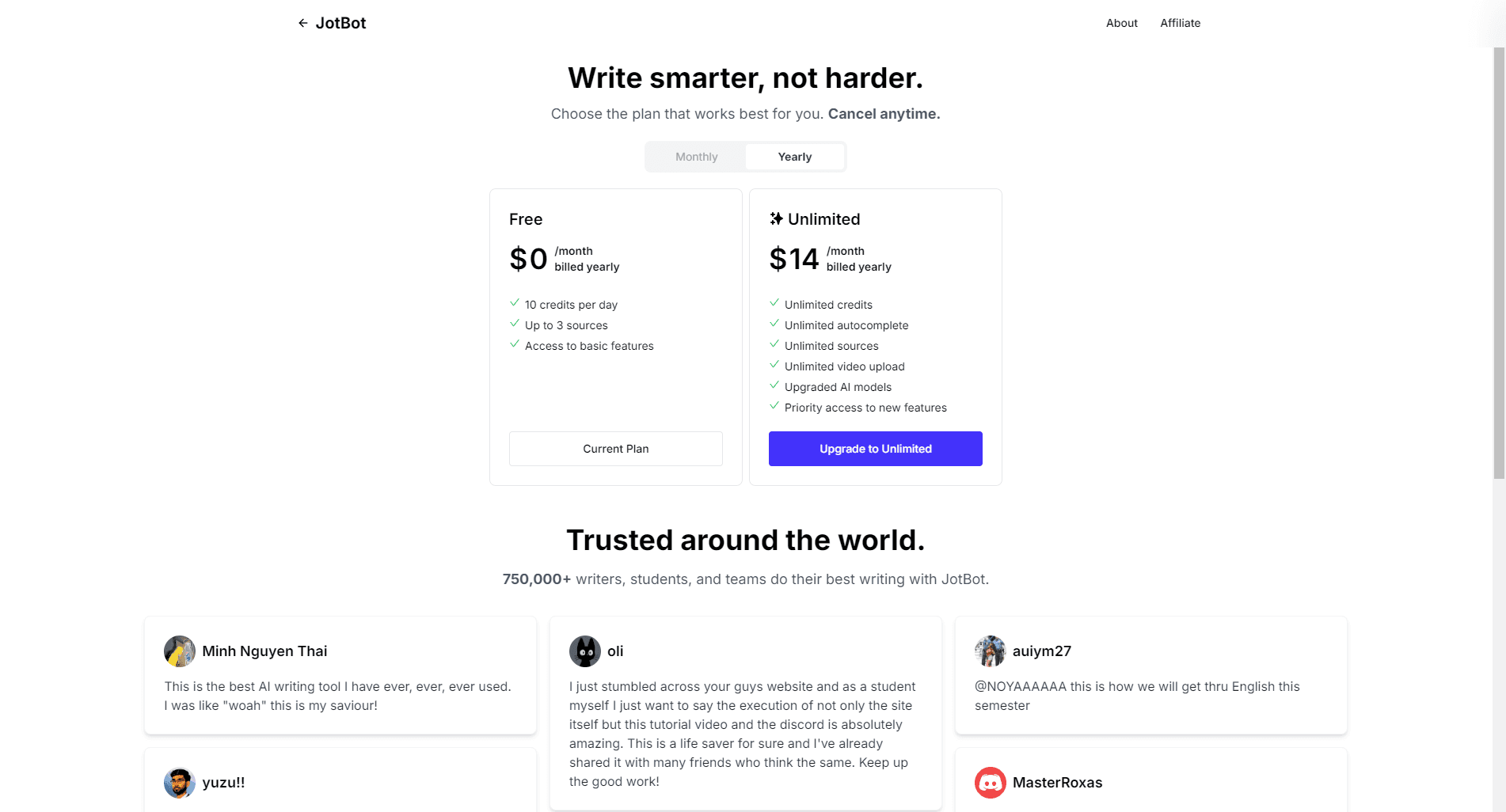
Pricing Plans
Compare the different reference finders' pricing plans to find one that fits your budget. Consider whether the accessible version of the tool offers enough features for your needs or if you require premium features that may require a subscription.
Value for Money
Evaluate whether the features and benefits offered by the reference finder justify the cost. Consider factors such as the tool's accuracy, ease of use, and level of customer support provided.
Customer Support: What Happens When Things Go Wrong?
Availability
Ensure that the reference finder offers reliable customer support if you encounter any issues or have questions. Look for a tool that provides multiple support channels like email, phone, or live chat.
Responsiveness
The customer support team should be responsive and helpful in addressing your concerns. Consider reading customer reviews or contacting the support team directly to assess their responsiveness and quality of service.
5 Checklists for Using a Reference Finder

1. Accuracy Checklist: Finding the Credible Sources
You must review several checklists using a reference finder to ensure you use the tool effectively and accurately. Here are five checklists to consider:
Verify Citations
Double-check the citations generated by the reference finder to ensure they are accurate and formatted according to your desired style. Pay attention to details such as capitalization, punctuation, and the order of elements.
Check Source Credibility
Evaluate the credibility of the sources you find using criteria such as the author's credentials, the publication's reputation, and the publication date. Consider factors like peer review, the journal's impact factor, and the author's expertise in the field.
Cross-Reference Information
Compare the information you find in one source to verify its accuracy. This can help you identify discrepancies and ensure that you are using reliable information.
2. Completeness Checklist: Finding the Full Picture
Include All Necessary Information
Ensure that your citations include all the necessary information required for the desired citation style, such as the author's name, title, publication date, and source information. Different citation styles may have slightly different requirements, so it's essential to consult the appropriate style guide.
Check For Missing Elements
Review your citations carefully to ensure that no important elements are missing. For example, some citation styles require the journal article's volume and issue number, while others may require the website's URL.
Verify Consistency
Ensure that your citations are consistent in style and formatting throughout your document. This can help your work appear more professional and polished.
3. Organization Checklist: Finding Your Way
Create A Clear Organization System
Use folders, tags, or other organization methods to keep your references organized and easily accessible. This can help you find the information you need quickly and efficiently.
Regularly Review And Update Your Library
Periodically review your reference library to ensure it is up-to-date and relevant to your current research. Remove outdated or irrelevant sources and add new sources as needed.
Back-Up Your Library
Regularly back up your reference library to protect your work in case of data loss. This is particularly important when working on a large or complex project.
4. Efficiency Checklist: Finding the Quickest Route
Use The Tool's Features Effectively
The reference finder's features, such as automatic citation generation, search filters, and integration with other tools, can save you time and effort.
Avoid Manual Entry
Use the reference finder's features to import and manage your references automatically. This can help you avoid errors and save time.
Streamline Your Workflow
Develop efficient workflows for integrating the reference finder into your research process. For example, you might create a citation template or use a specific folder structure to organize your references.
5. Ethical Checklist: Finding the Right Approach
Avoid Plagiarism
Ensure that you properly cite all sources you use in your work to avoid plagiarism. Plagiarism is a serious academic offense that can have serious consequences.
Respect Copyright Laws
Be aware of copyright laws and obtain permission to use copyrighted material if necessary. Unauthorized use of copyrighted material can lead to legal issues.
Use Sources Ethically
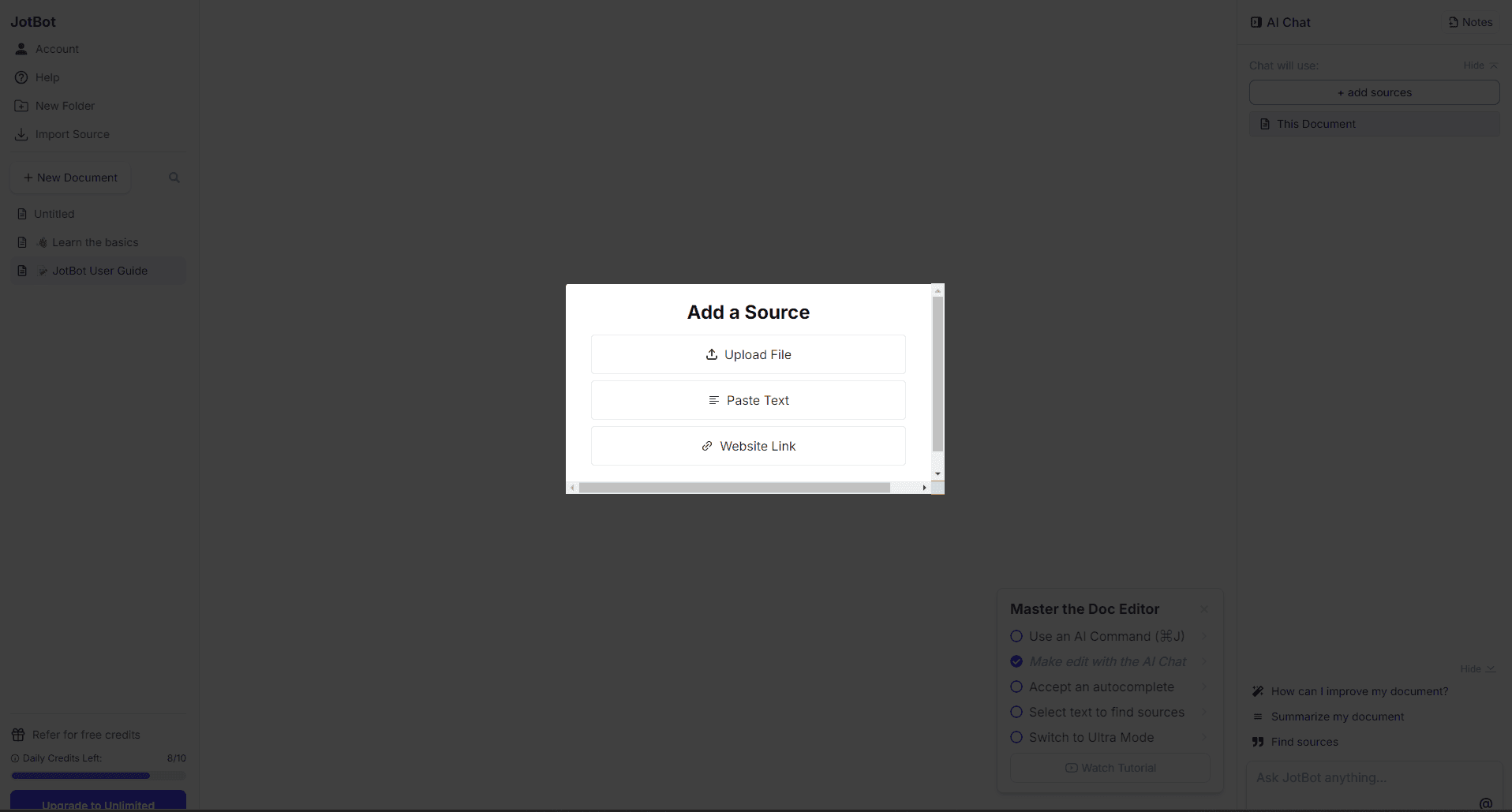
Avoid using biased, unreliable, or outdated sources. Evaluate your sources' credibility and ensure they are relevant to your research topic.
Write Smarter With Jotbot's Source Finder — Start Writing for Free Today
Finding sources for articles and essays can feel overwhelming. Jotbot's AI source finder makes locating and organizing relevant sources easy so you can write better essays faster. Jotbot's source finder will locate the best academic sources for your topic. All you have to do is type in your essay prompt, and Jotbot will find the sources for you. You can also use the tool to find sources for research papers, articles, or any other type of writing that requires academic research.
Related Reading
• Elicit AI
• Scholarcy AI
• Scisummary
• AI Research Tools
• Sourcely
• Consensus AI Tool
• Mendeley Alternatives
• Cite This For Me Alternative
• Scholarly Sources Examples
• Academic Sources Examples
• How to Find Scholarly Sources
• List of Scholarly Sources
• Examples of Peer Reviewed Sources
• How to Cite a Book
• How to Cite an Article
• How to Cite
• How to Cite a PDF
• How to Cite Multiple Authors MLA
• How to Cite a Website in Text
• How to Cite a Lecture
• How to Cite ChatGPT
Write more, better, faster.
Your personal AI document assistant












